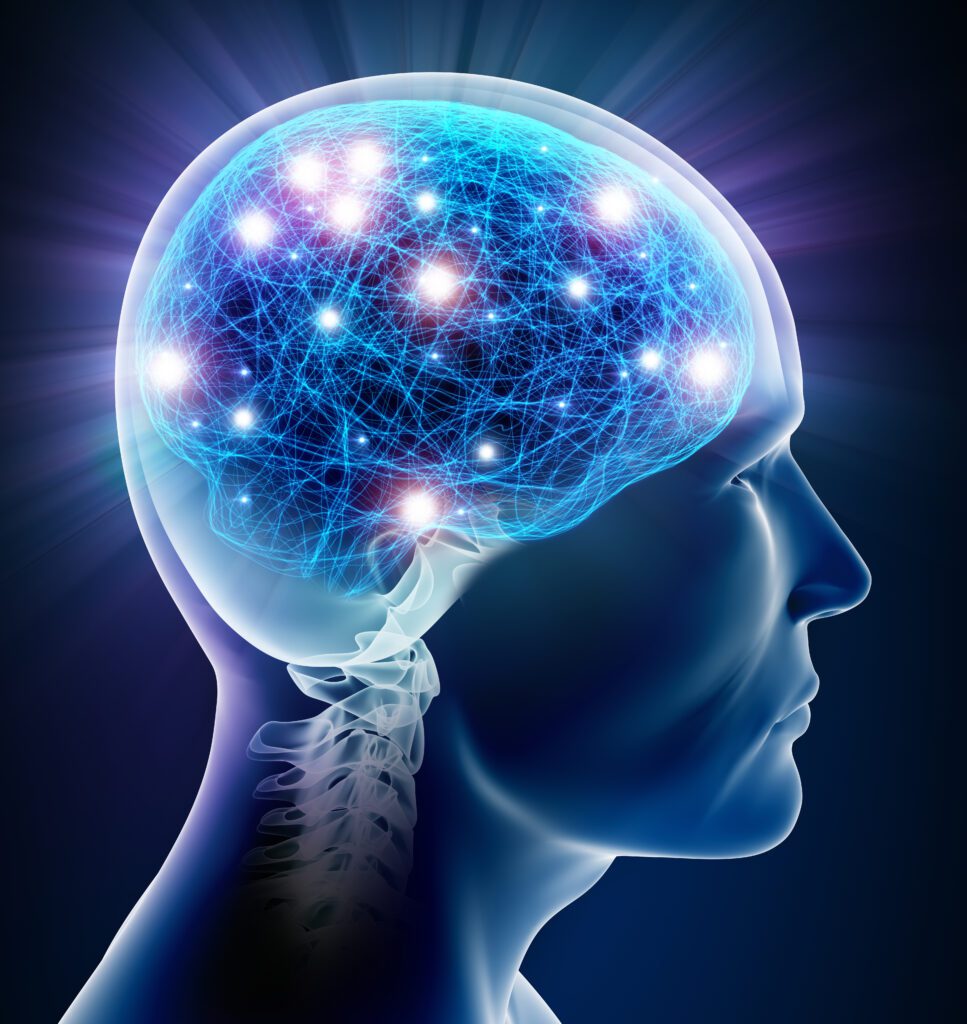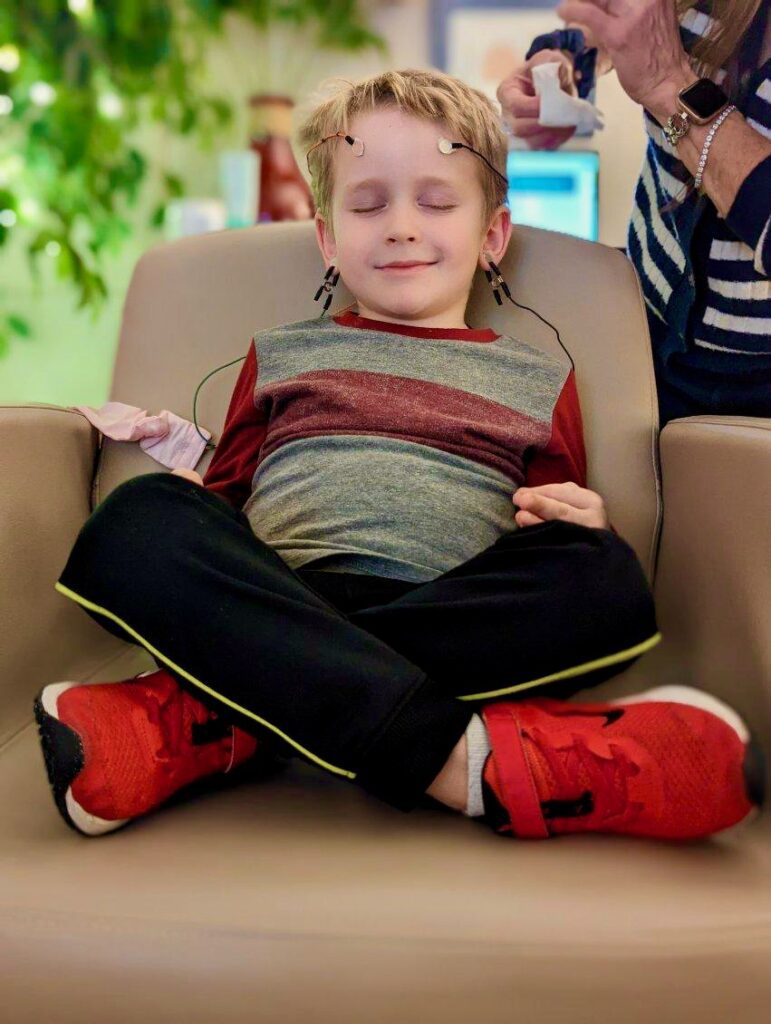About LENS Neurofeedback
Since 1990, LENS (Low Energy Neurofeedback System) has been a transformative force, having treated over a million individuals across 30 plus countries. This EEG-based technology administers low-amplitude electromagnetic energy directly to the scalp, with an intensity akin to that of a watch. LENS operates as a disruptive technology, intervening in dysfunctional brain patterning with the expectation that the brain will essentially reboot in the targeted area.
Life events, ranging from chronic stress to physical trauma or organic conditions like Autism, ADHD, and Depression, can disrupt optimal brain functioning. The brain adeptly copes in the moment but often fails to refresh or reboot after the event has passed, leading to a sustained suppressed state. Suppression is a mechanism the brain uses to regulate itself, and LENS plays a vital role in lifting these compensations.
By interrupting maladaptive mechanisms and gently guiding the brain to self-correct, LENS mirrors its actions. This process prompts the brain to undergo changes through neural plasticity, enhancing flexibility and optimizing its function for improved overall performance.

Why Choose LENS?
LENS gives the brain a chance to reorganize itself and re-awaken optimal pathways, bringing them out of suppression. Think Optimal Performance! When you give the brain a chance to reorganize, it ALWAYS reorganizes to a higher functioning.
LENS and Children
LENS can be applied to children as young as six months. There is virtually no one that can benefit from reigniting their neuron pathways! Many children have sleep problems that can be helped, such as bedwetting, sleepwalking, sleep talking, teeth grinding, nightmares, and night terrors.
The LENS can also be helpful with many of the symptoms of adolescence, including drug abuse, suicidal behavior, anxiety, and depression.


LENS as a Holistic Treatment
LENS Neurofeedback Therapy is most effective when employed as part of a holistic approach that integrates lifestyle changes. The impact of LENS is maximized when clients adopt healthy lifestyle choices alongside the changes occurring in the brain. Incorporating elements such as a nutritious diet, mindfulness practices, regular exercise, and meditation can contribute significantly to optimizing overall health.
Conditions Treated by LENS
Anxiety
Problems of anxiety system activity (too much uncomfortably contained energy), persistent “anxiety,” restlessness, rumination, agitation, distractibility, difficulty breathing, palpitations, tremor exacerbation, and sleep interruption.
Central Nervous Symptom Dysfunction
These include symptoms of ADD, ADHD, seizures and subclinical seizure activity, severely disruptive behavior disorders such as conduct disorder, reactive attachment and bipolar disorder, Autistic spectrum and pervasive developmental delay, Cerebral palsy, concussive injuries, PTSD, acquired brain injury, and birth trauma.
Cognition
Problems with sequencing, memory, providing and maintaining attention, concentration, clarity, and organization
Fatigue
Fatigue is a phenomenon secondary to the effort of trying to overcome the pain and/or the above impediment to functioning more easily.
Performance Optimization
Increases in functioning in the above areas in the absence of any diagnosis
Mood
Anger, sadness, explosiveness.
Motor
Lack of grace, problems with eye-hand coordination, balance, increased muscle tone (from spasticity), and tremor
Motivation
Problems initiating tasks, shifting from one activity to another, and/or completing tasks.
Pain
Brain-generated pain (mismapping the origins and qualities of signals), vascular pain, and neuropathy
Addictions/Dependencies – Lack of clarity about emotions and self-comforting, defensiveness, argumentativeness, and cynicism.
Reactivity
Hyper-reactivity, hypersensitivity, multiple chemical sensitivities.
Traumatic Brain injury
No matter how long ago the incident occurred. The trauma can be from a physical blow, a concussive injury, a psychological incident (PTSD), or any other incident(s) that results in a decrease in cognitive ability.
Aging
The LENS can also help maintain good brain function as people age.
Children
Many children have sleep problems that can be helped, such as bedwetting, sleepwalking, sleep talking, teeth grinding, nightmares, and night terrors.
